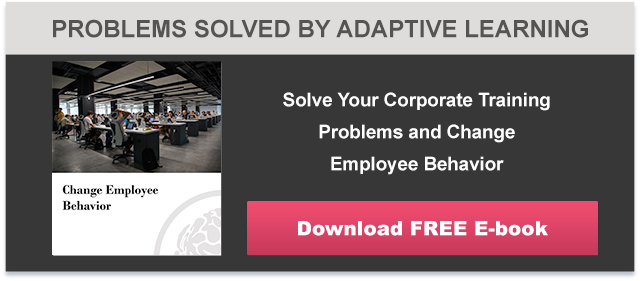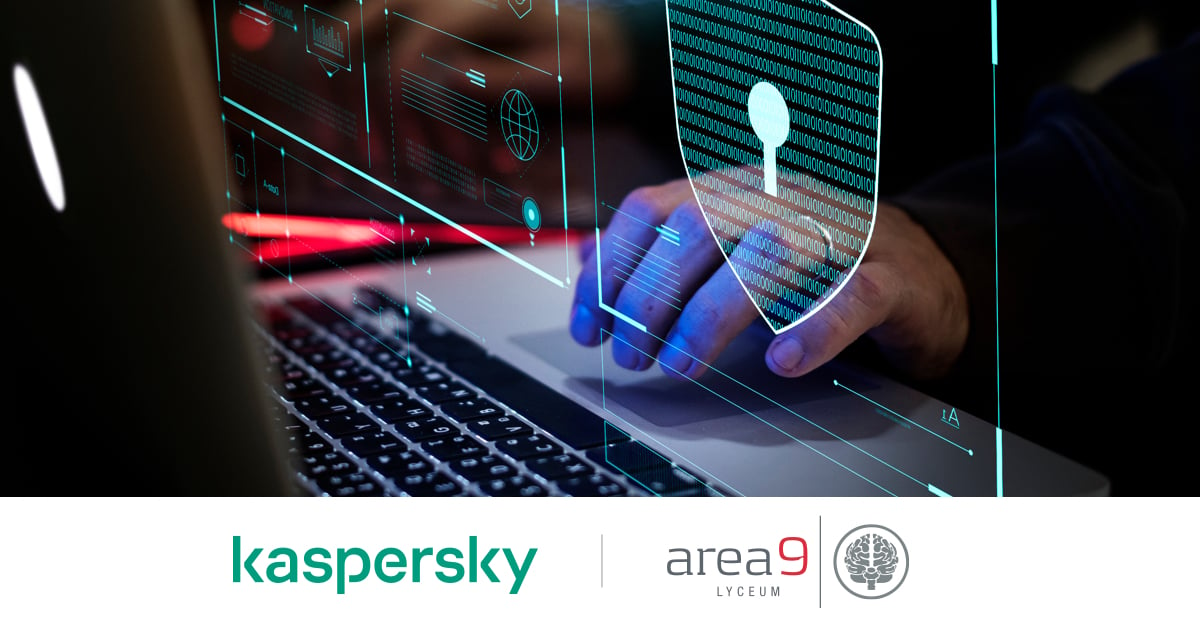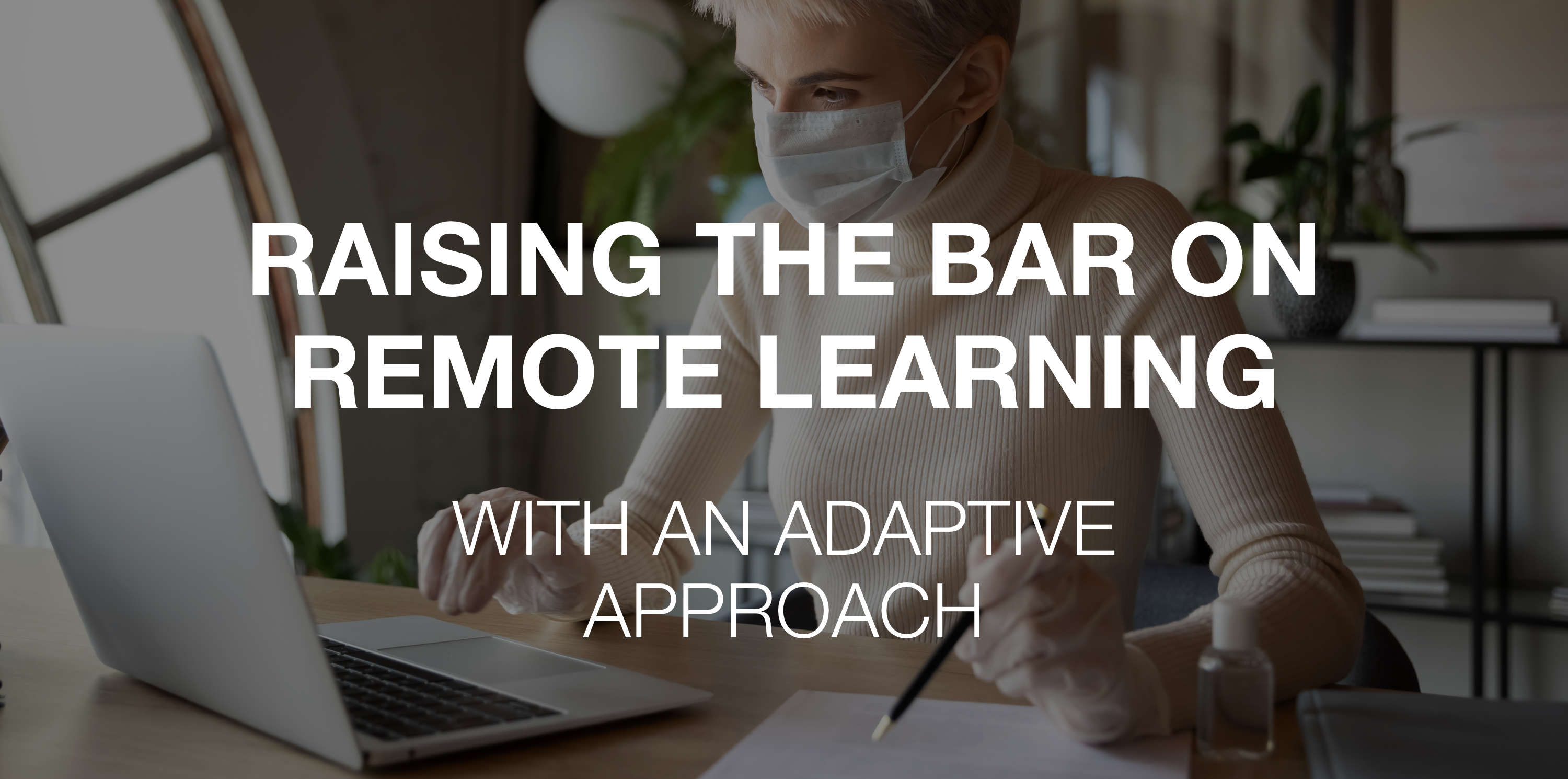Everyone wants a magic pill for easy training delivery methods, because sales teams are busy enough as it is and don’t really have time to sit in training. Because of the changing nature of learning and education (not to mention technology) it’s easy for myths to develop in pursuit of those magic pills. Here are two of the biggest ones:
Myth 1: The “70:20:10 Model” for Learning and Development
This idea comes from a book from 1996 called The Career Architect Development Planner. The authors based the 70:20:10 idea on their interviews with 200 successful managers. Those managers were asked where they believed their career development came from. According to the survey, 70% of the respondents’ career development came from challenging assignments, 20% came from developmental work relationships, and only 10% came from coursework and training. The 70:20:10 model meant that corporate training for employees was undervalued, which allowed employers provide less of it to unengaged employees.
But the survey was full of holes. Only already successful managers were contacted for the survey, which led to skewed results. Contrary to the 70:20:10 idea, businesses still need to make sure their employees are given comprehensive corporate training.
Myth 2: Gamification
The gaming industry keeps growing, so it’s no wonder the idea of gamification should find its way into learning and development.
But even though some forms of gamification can be successful, our research indicates they aren’t the most effective means of training. While training should certainly aim to be more engaging - like using a trivia game to teach - making a game out of corporate learning to yield better results is pure myth. Gamification wastes time by keeping learners in the training for longer than they need to be. Gamification engages learners to have fun with the learning content but not necessarily to drive understanding.
While there’s no magic fix for employee training, there are easy solutions.
The Facts: Adaptive Learning
Adaptive Learning is rooted in the collection of data: cognitive and personalized data that reflects the strengths and weaknesses of each employee’s knowledge. Adaptive Learning then personalizes to the learner, which improves each employee’s knowledge retention and, most importantly, changes inefficient behavior. It’s not magic, but it’s probably as close as corporate training can get.
As for something resembling that “magic pill” everyone is searching for, Adaptive Learning on Area9’s learning management system can promise up to 50% faster training time for employees. The time spent tracking content-mastery data is also faster by 50%.
To learn more, download this comparative case study, featuring two businesses that used Adaptive Learning to overcome their training delivery problems.
References: https://en.wikipedia.org/wiki/70/20/10_Model_(Learning_and_Development)









